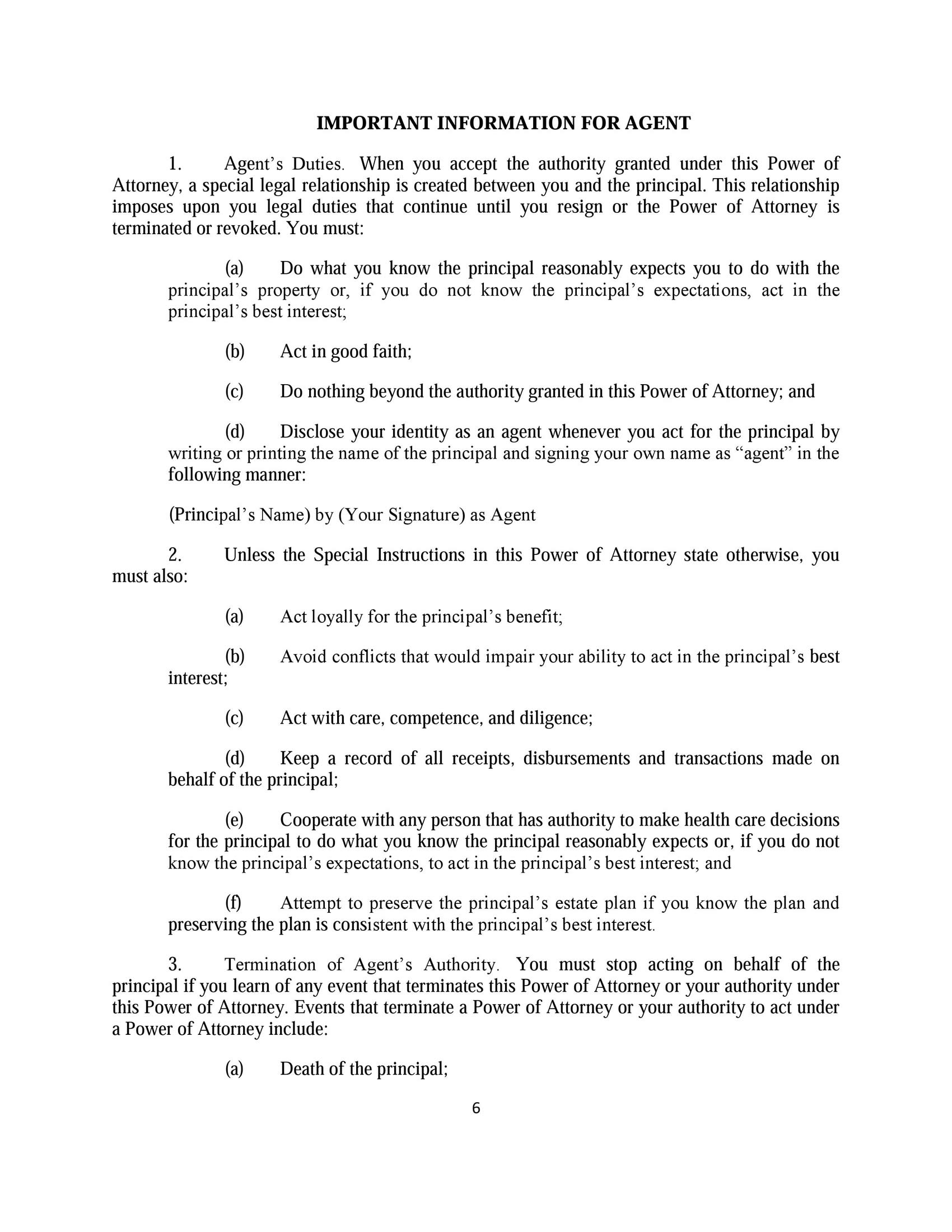What Does Estate Planning Attorney Do?
What Does Estate Planning Attorney Do?
Blog Article
Examine This Report on Estate Planning Attorney
Table of ContentsRumored Buzz on Estate Planning Attorney10 Easy Facts About Estate Planning Attorney Shown3 Simple Techniques For Estate Planning Attorney
Changes in your life can create a reason to transform your estate strategy. Adjustments in the regulation can likewise create a requirement to update your estate plan. The various charges and prices for an estate plan ought to be reviewed with your attorney. There are numerous sources for estate planning offered on the net or by different companies, and the incentive to prevent attorneys' charges is frequently a motivating aspect.
It is likewise possible that it will be altered as a result of the change of management in 2020. The Illinois inheritance tax limit amount is $4,000,000 and an estate with even $1 over that quantity undergoes tax obligation on the entire quantity. An individual whose estate exceeds these exemption or threshold levels requires to do some added estate intending to minimize or get rid of death tax obligations.
The Illinois estate tax threshold is not portable. Generally, a present of building from an individual to his or her spouse that is an U.S. citizen is not subject to a gift tax obligation or an estate tax. Presents to anybody else is a taxable gift, however is subject to a yearly exclusion (talked about listed below) and the very same life time exception when it comes to federal estate tax.
All About Estate Planning Attorney
Some estate strategies might consist of life time gifts. In 2020, a person can surrender to $15,000 a year to anybody without a gift tax obligation. Additionally, under particular scenarios, an individual can make gifts for clinical expenditures and tuition expenditures above the $15,000 a year restriction if the medical payments and tuition repayments were made directly to the clinical company or the education and learning copyright.
Couples usually have homes and savings account in joint tenancy. It is utilized less often with nonspouses for a selection of reasons. Each joint occupant, no matter which one bought or originally had the residential property, has the right to use the collectively had building. When 2 individuals own building in joint tenancy and one of them dies, the survivor ends up being the 100 percent owner of that residential or commercial property and the deceased joint renter's interest ends.

When her comment is here a tenant-in-common passes away, his or her interest passes to his or her estate and not to the enduring co-tenant. The residential or commercial property passes, rather, as part of the estate to the beneficiaries, or the recipients under a will.
Some Of Estate Planning Attorney

At the death of the owner, the properties in the account are moved to the designated recipient. Illinois has just recently adopted a statute that permits certain genuine estate to be transferred on death see post with a transfer on death instrument.
The beneficiary of the transfer on death tool has no interest in the realty up until the fatality of the proprietor. All joint tenants should agree to the sale or home mortgage of the residential or commercial property. Any kind of one joint lessee may take out all or a part of the funds in a joint checking account.
Estate, present, or revenue tax obligations may be affected. Joint occupancy may have various other repercussions. read : (1) if home of any kind is held in joint occupancy with a relative that gets welfare or other benefits (such as social safety and security benefits) the loved one's entitlement to these advantages might be jeopardized; (2) if you place your house in joint occupancy, you might shed your right to advantageous senior resident real estate tax obligation treatment; and (3) if you produce a joint tenancy with a child (or anybody else) the kid's financial institutions might seek to accumulate your child's financial obligation from the home or from the earnings of a judicial sale.
Joint occupancies are not a basic option to estate issues however can, in fact, develop issues where none existed (Estate Planning Attorney). The costs of preparing a will, tax obligation planning, and probate might be of little value contrasted with the unintended issues that can arise from using joint tenancies indiscriminately. For a complete description of the advantages and drawbacks of joint occupancy in your specific scenario, you should get in touch with a legal representative
Report this page